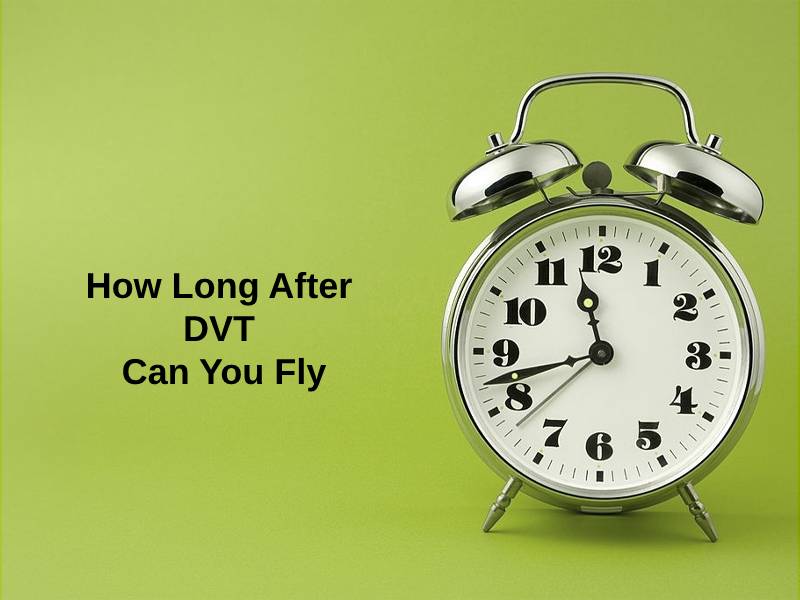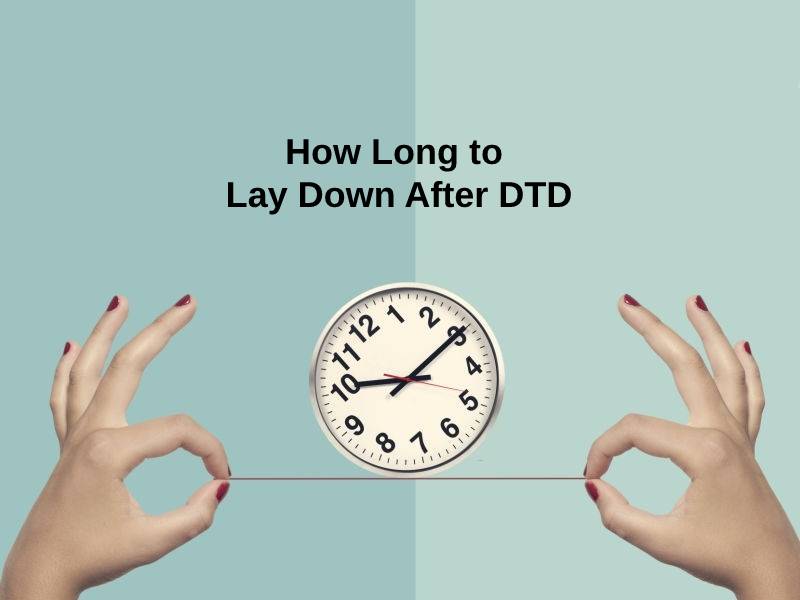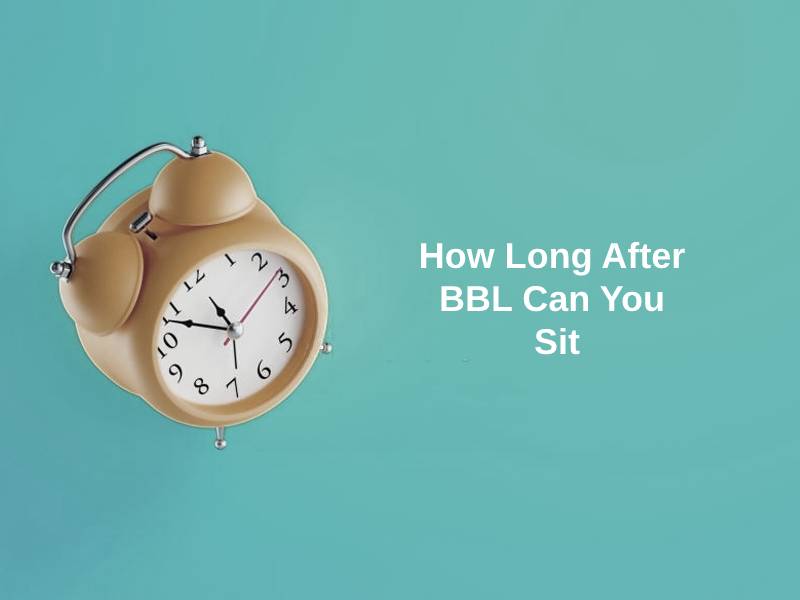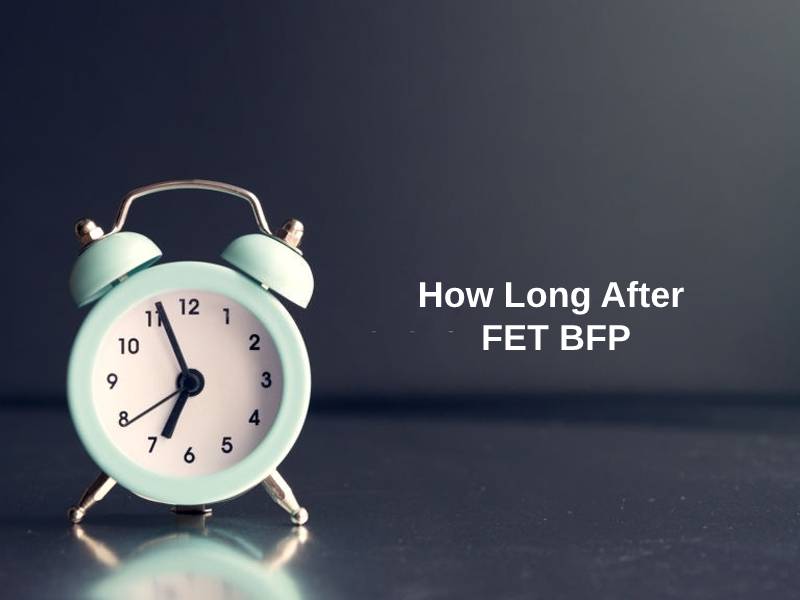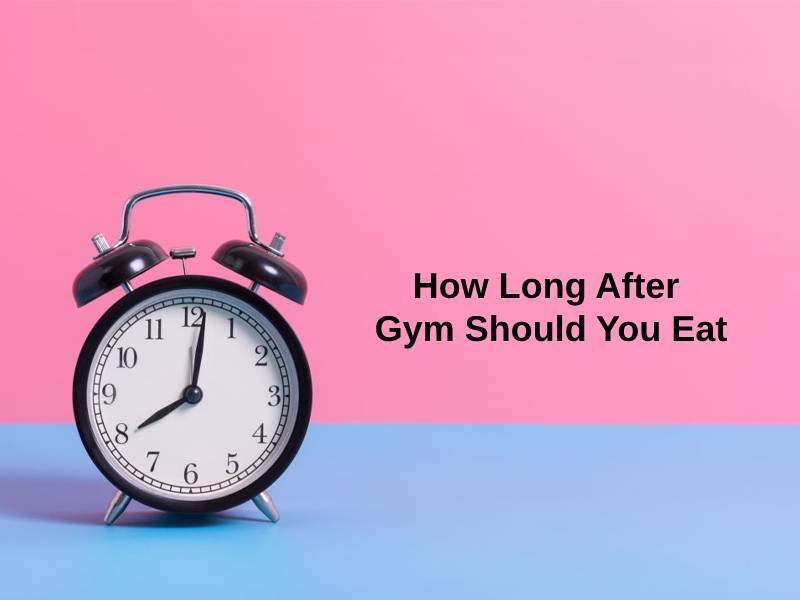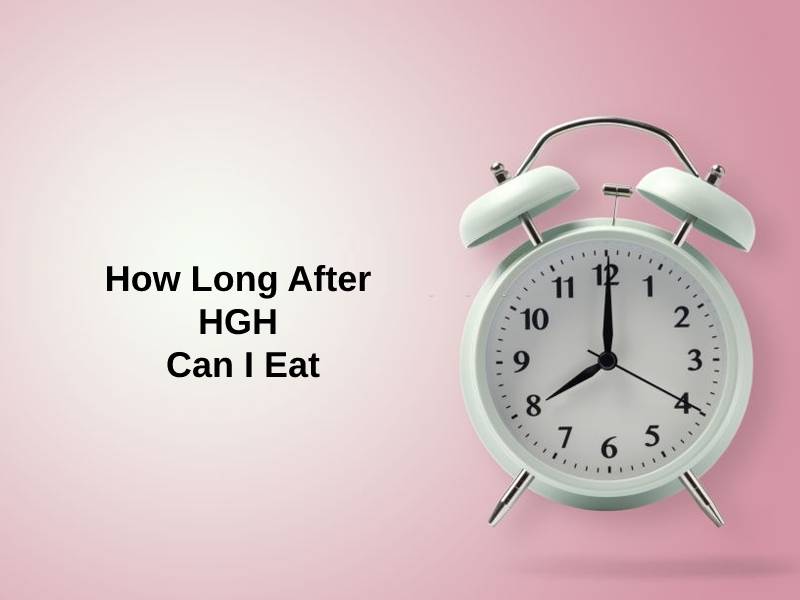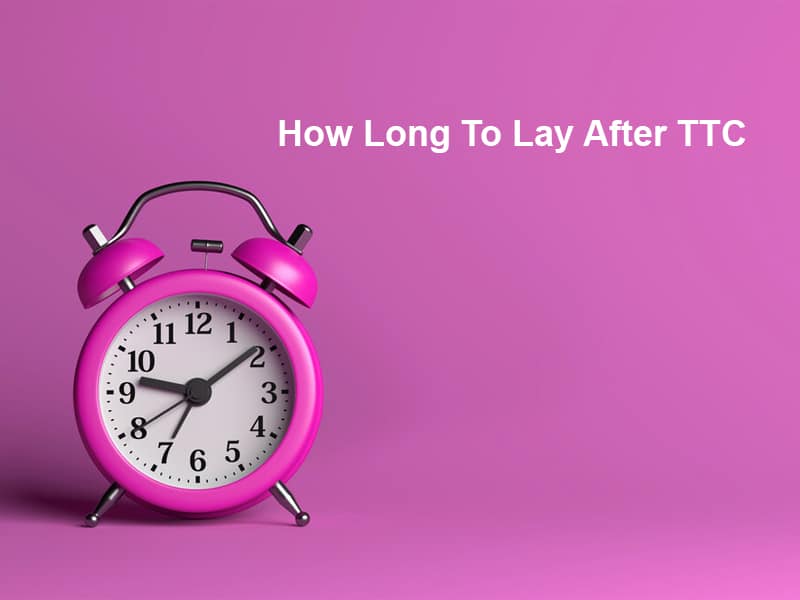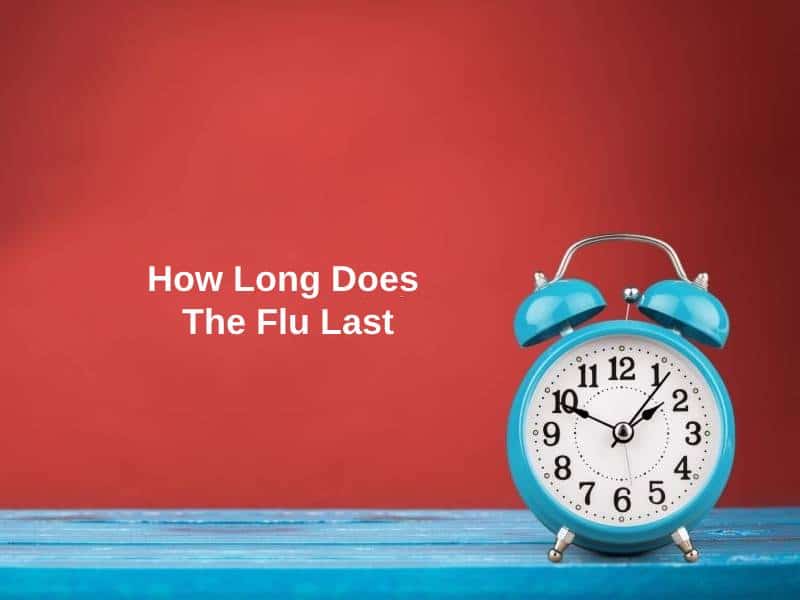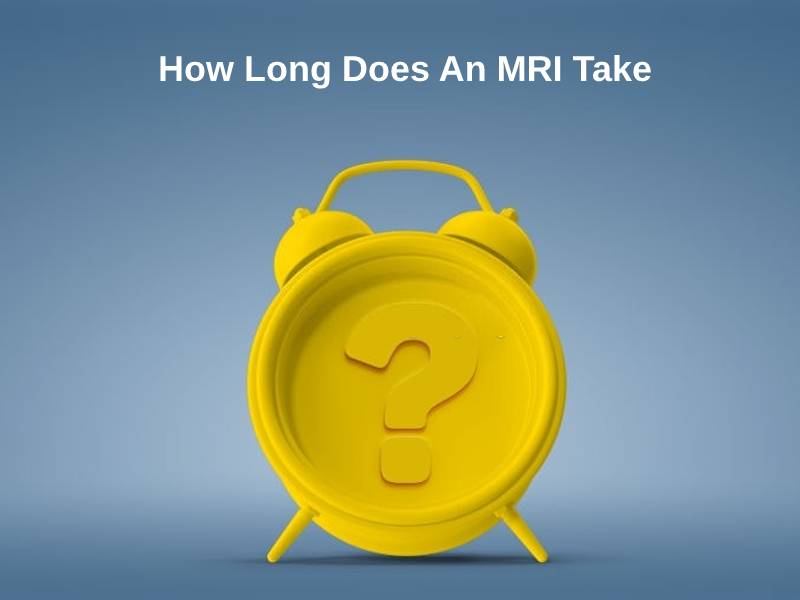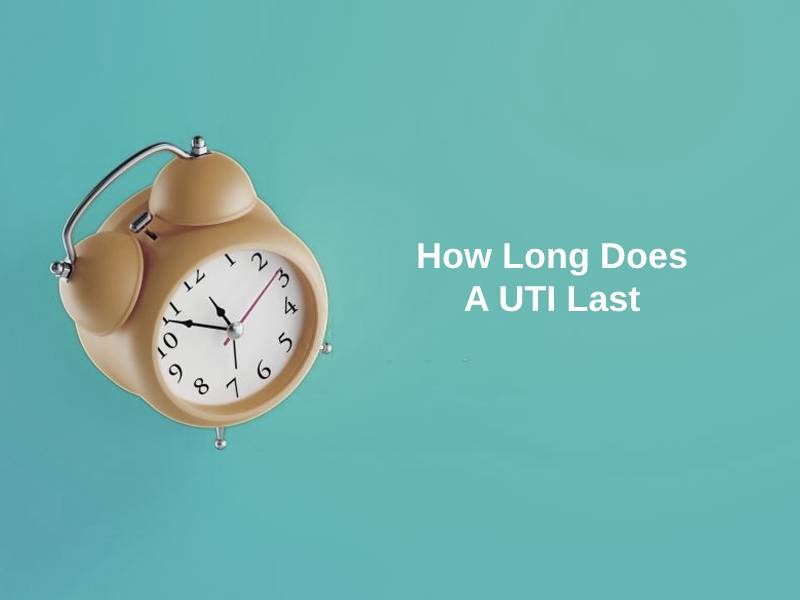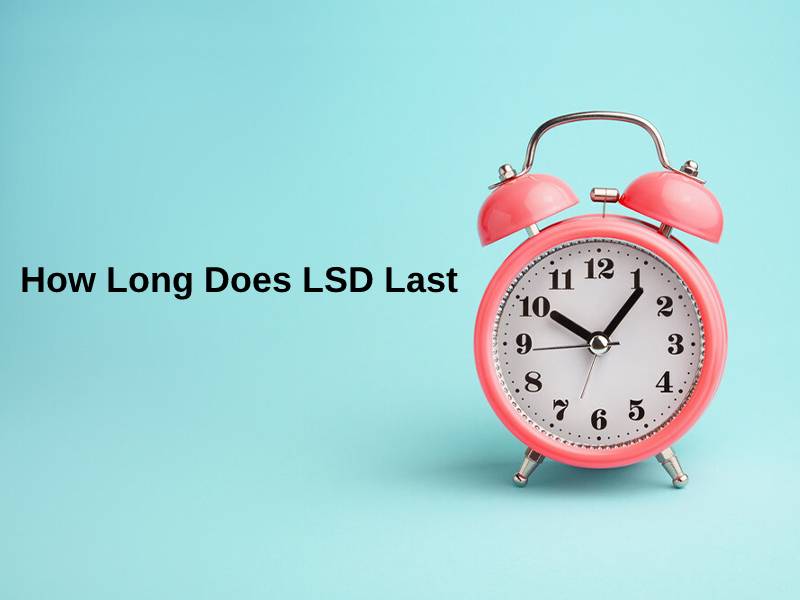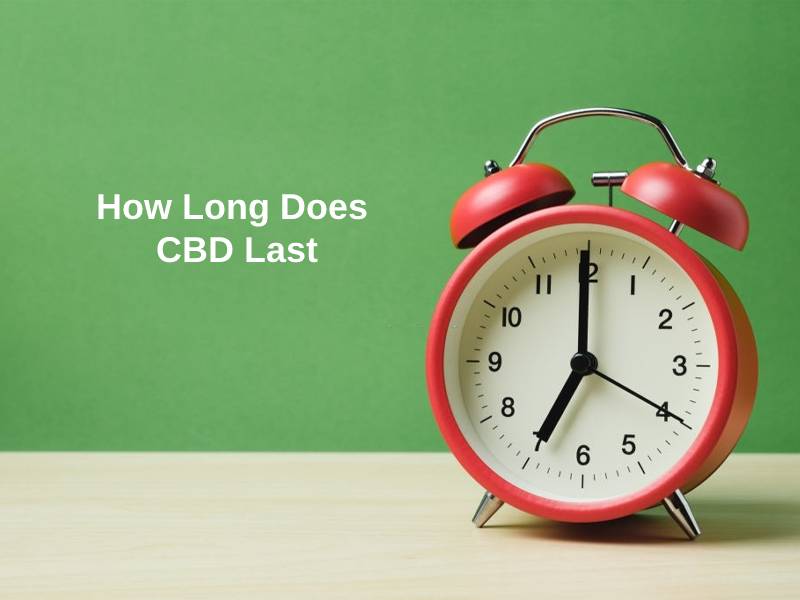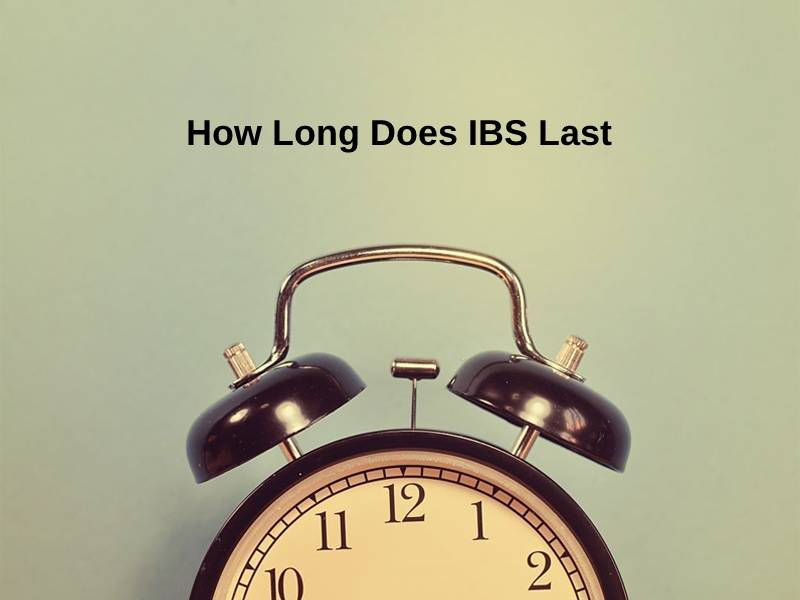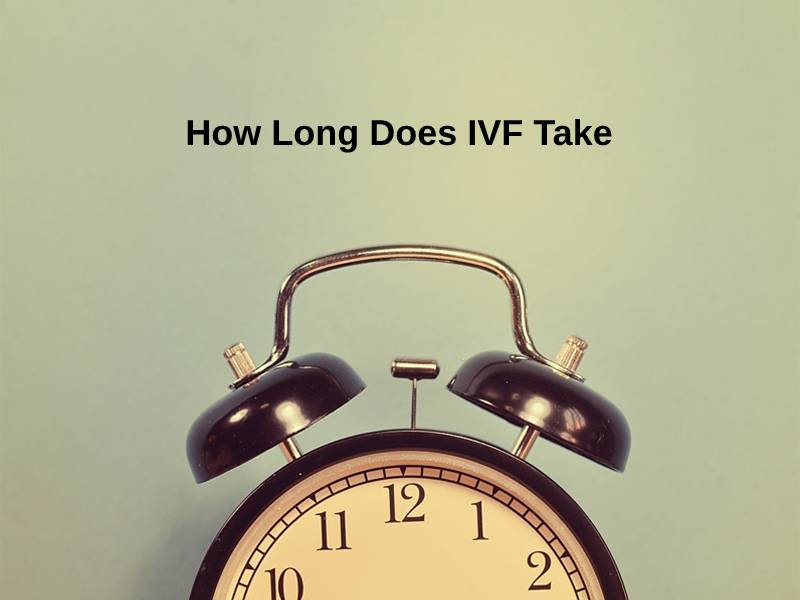Exact Answer: 5 to 10 days
E- coli, or Escherichia coli, is a kind of bacterium that ordinarily dwells in your intestines. It’s also seen in the intestines of some animals. The majority of E. coli strains are safe and even beneficial to your digestive system’s health. However, if you eat contaminated food or drink contaminated water, certain strains can cause illness in humans, including diarrhea, upset stomach, fever, and sometimes vomiting.
One type of Escherichia coli produces a toxin called Shiga. This toxin can damage the lining of the intestines. STEC refers to the E. coli strain that produces the toxin.
In the United States, E. coli is one of the most common pathogenic bacteria. Due to this, you should always make sure to properly prepare your food and keep an eye on local news for potential E. coli outbreaks.
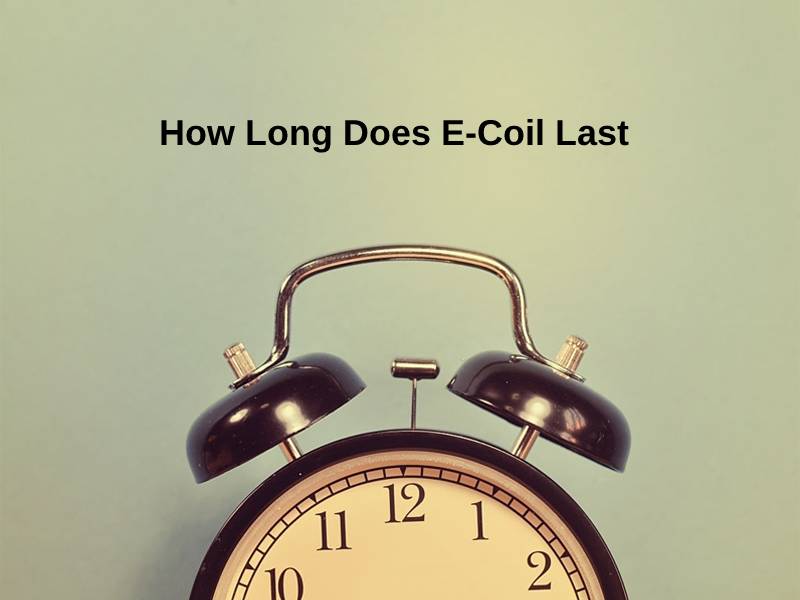
How Long Does E-Coil Last?
| Types of E- coil | Lasts for |
| Enterotoxigenic | 3 – 4 days |
| Enteropathogenic | 14 days |
| Enteroinvasive | 8 days |
E-coil is a common disease that affects people of all ages and can last for 5 to 10 days without medical care.
E. coli infection affects the intestines. E. coli enters the human body through feces, which can come from humans or animals. Bacteria may live for several months and infect anything that comes in contact with them.
Many of the causes are related to direct or indirect contact with waste materials, such as eating undercooked or raw meat, eating contaminated raw fruits and vegetables, drinking unpasteurized milk, swimming in or drinking contaminated water, contact with infected animals, and contact with someone who has poor hygiene and does not wash their hands regularly.
One thing to remember is that E. coli is a disease that can spread, especially among young and old. A person with a weakened immune system, people’s age, E. coli infections are most common from June to September, gastric acid levels, and eating raw foods like unpasteurized milk, as well as eating raw meat, are all risk factors for developing this infection.
E- coil has a variety of indications and symptoms. Symptoms appear 1 to 10 days after eating the infected food. Abdominal cramps, extreme bloody diarrhea, non-bloody diarrhea, fatigue, and nausea are common symptoms of E. coli. In youngsters and the elderly, the infection can progress to hemolytic uremic syndrome, a dangerous kidney and blood disorder.
If you or someone you know falls into either demographic and develops these symptoms, you should seek medical attention as soon as possible. Ensure you’re getting the best care possible. Doctors diagnose E. coli by examining a stool sample for the presence of the bacterial cells. A doctor may also take a blood sample to seek out any potential problems.
Why Does E- Coil Last That Long?
Due to excess contamination with direct and indirect waste, the E- coil lasts that long. E.coil is not a lifelong disease. The severity of symptoms does not last forever. Most people ignore the symptoms and later, it becomes severe.
E. coli goes away on its own without the need for medical attention. Diarrhea can cause dehydration, so drink plenty of water and relax. You may need to go to the hospital for IV fluids if you get too dehydrated. Antibacterial and antidiarrheal drugs should be avoided since they might put you at risk for problems. Before providing medication to children or newborns, always consult your doctor. Probiotics can help you recover faster from an E. coli infection. The majority of people recover completely within five to seven days following the commencement of an illness.
There is no vaccination or treatment to protect you from E. coli infection. This bacterium may be prevented by making lifestyle adjustments such as properly preparing meat, washing raw items to eliminate dirt and any germs that may be stuck on green vegetables, and so on. Keep the environment clean. Cooked food and raw food should be stored separately. To avoid cross-contamination, thoroughly wash utensils with soap and hot water.
Conclusion
The Enterobacteriaceae family includes E. coli, a rod-shaped bacterium. It can survive in both aerated and non-aerobic settings. E-coil is a short-term illness. You should visit a doctor right away if you have any signs of fever, bleeding gums, or vomiting. To avoid an E-coil, one should follow a few guidelines. If you have an E- coil, however, there is no need to be concerned because it is a short-term illness that may be recovered in 5 to 7 days.





